In a recent interview with ABC News, US President Donald Trump made the bold claim that his leadership – and specifically his 2024 election victory over Kamala Harris – prevented Russia from completely taking over Ukraine. According to Trump, Russian President Vladimir Putin had every intention of seizing the entire country, but Trump’s return to office halted those ambitions.
“I think if I didn’t win the election, he would have gotten all of Ukraine,” Trump said during the April 29 interview. “I think he would have taken all of Ukraine.”
Trump emphasized that Putin views Ukraine as “the apple of his eye,” strongly suggesting that the Russian leader’s ultimate goal was the full annexation of the country. However, Trump credited his own leadership and the respect he commands from Putin as key factors in preventing a total Russian victory.
During the interview, Trump also criticized the chaotic US withdrawal from Afghanistan in 2021, calling it a pivotal moment that emboldened Putin.
“He saw what happened in Afghanistan. He said, ‘Wow, this is my chance,’” Trump said. “It was one of the greatest embarrassments of our lifetimes – maybe in the history of our country.”
Trump has repeatedly blamed the Biden administration for creating an image of American weakness on the world stage. In Trump’s view, the disaster in Afghanistan signaled an opportunity to adversaries like Putin, who then escalated military operations against Ukraine. Trump positioned himself as the antidote to this weakness, insisting that his own re-election restored a deterrent against Russian aggression.
Asked whether he believes Putin wants peace, Trump replied affirmatively, but with a caveat.
“Let’s say, he respects me,” Trump said. “And I believe because of me he’s not gonna take over the whole [Ukraine] – but his decision, his choice would be to take over all of Ukraine.”
Trump’s comments reflect a long-standing assertion he has made: that personal relationships with global leaders like Putin enable him to manage international crises more effectively than his predecessors. Trump has consistently portrayed himself as someone who can negotiate from a position of strength, even when dealing with adversaries.
However, Trump was cautious when asked whether he would continue US military aid to Ukraine if a peace deal was not reached. “I want to leave that as a big, fat secret, because I don’t want to ruin a negotiation,” he said, declining to provide specifics about future US support.
Trump’s remarks came just one day after he warned that Ukraine would be “crushed very shortly” under the weight of Russia’s superior military power, calling Moscow “a big war machine.”
The statement underscores growing skepticism within some factions of the US political establishment – especially among Trump’s allies – about the feasibility of a complete Ukrainian victory. Critics argue that prolonging the war without a clear pathway to peace risks entrenching the conflict indefinitely, draining Western resources and further destabilizing the region.
Indeed, Trump has long advocated for a negotiated settlement to the conflict rather than an open-ended commitment to military assistance. His latest comments suggest that he favors a deal, even if it requires painful concessions from Ukraine.
Trump’s interview coincided with reports from multiple media outlets suggesting that direct negotiations between Washington and Moscow have made progress toward a potential agreement. According to these reports, a proposed US peace plan would recognize Russian sovereignty over Crimea – which was annexed by Moscow in 2014 – and freeze the conflict along the current frontlines.
The reported deal would also acknowledge Russian control over large portions of four Ukrainian regions that voted to join Russia in controversial referendums. Furthermore, Ukraine would be prevented from joining NATO, addressing a longstanding Russian security concern, and sanctions on Russia would be gradually lifted as part of the phased agreement.
If accurate, the proposal would represent a dramatic shift in US policy and would likely spark intense debate both domestically and internationally. Ukrainian President Volodymyr Zelensky has repeatedly ruled out any territorial concessions to Moscow, vowing to reclaim all occupied lands, including Crimea.
Trump’s willingness to suggest that Ukraine should abandon its claim to Crimea signals a stark departure from the maximalist position favored by the current Ukrainian leadership and much of the Washington foreign policy establishment.
Trump’s posture on Ukraine is also a clear political calculation. By emphasizing negotiation over military escalation, Trump is positioning himself as the “peace candidate” ahead of the 2024 election, in contrast to what he portrays as the reckless hawkishness of Democratic leaders.
Yet critics argue that Trump’s admiration for authoritarian leaders like Putin, coupled with his transactional approach to diplomacy, risks sacrificing long-term democratic principles and allies for short-term political gain.
Supporters counter that Trump’s pragmatism is exactly what is needed to end the bloodshed. They argue that an endless war benefits no one, least of all the Ukrainian people, and that a negotiated settlement, however imperfect, is preferable to indefinite conflict.
President Trump’s claim that his victory over Kamala Harris prevented the complete Russian takeover of Ukraine fits neatly into his broader political narrative: that his leadership brings stability, respect, and peace, while Democratic leadership brings weakness and chaos.
Whether Trump’s assertions hold up to historical scrutiny remains to be seen. However, his comments highlight the evolving debate within US politics about the future of the Ukraine conflict – and America’s role in it. As Washington and Moscow reportedly inch closer to a possible settlement, Trump’s influence over the terms of any peace deal, and over American public opinion on the war, will likely continue to grow.
In a world increasingly hungry for stability, Trump is betting that his brand of deal-making diplomacy will resonate more than endless promises of victory. Whether Ukraine, and the world, will accept the terms of such a deal is a question that remains unanswered.
Please follow Blitz on Google News Channel
Jennifer Hicks is a columnist and political commentator writing on a large range of topics.
trump-claims-his-victory-over-harris-prevented-full-russian-takeover-of-ukraine

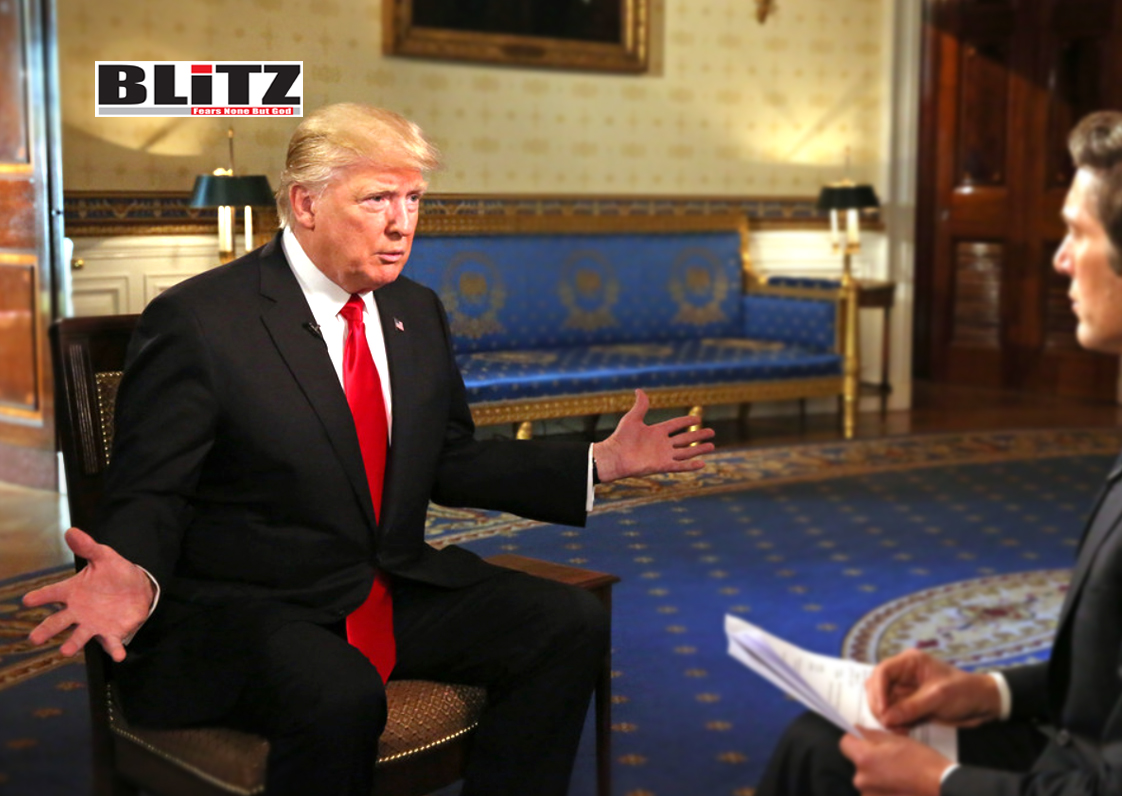
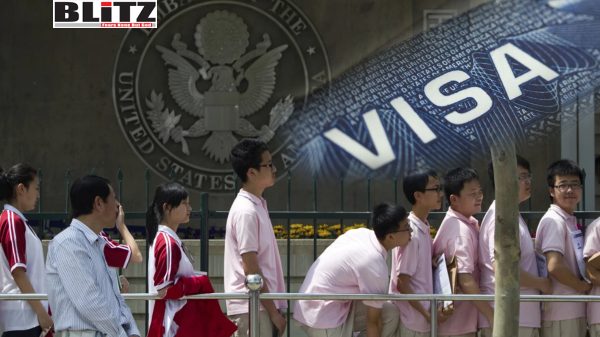

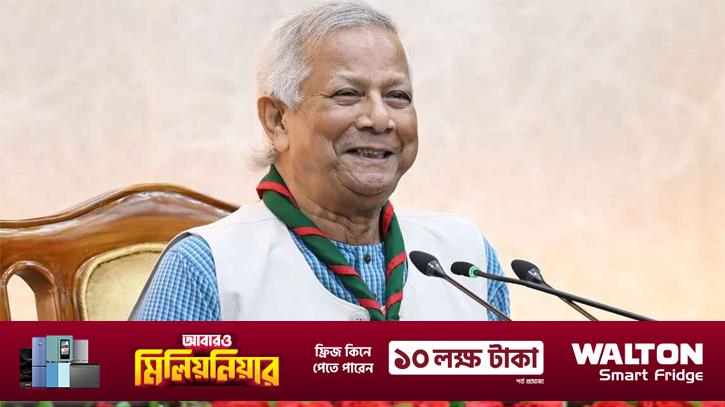
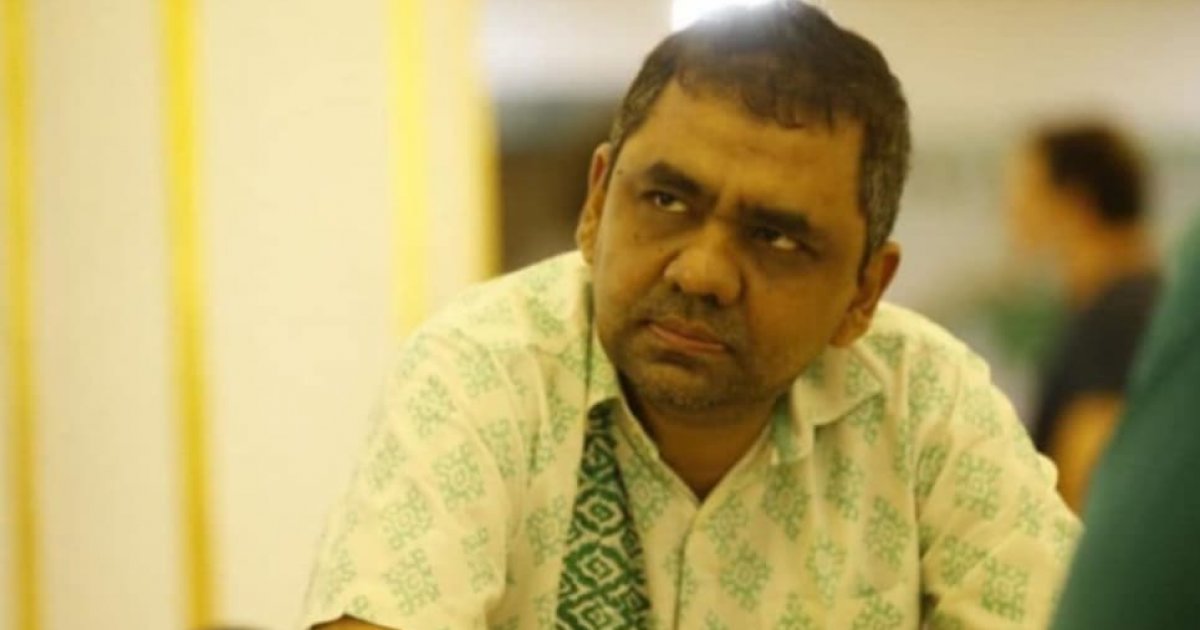
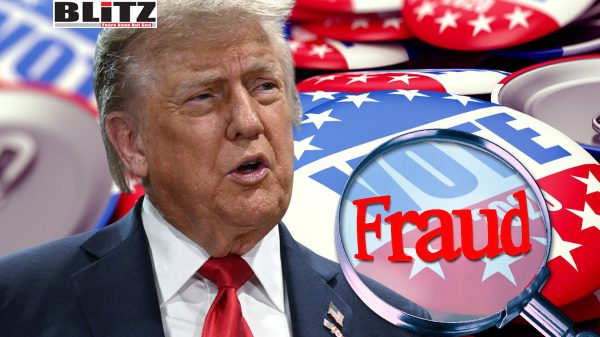
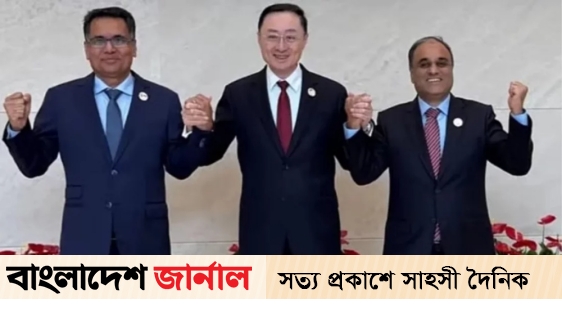


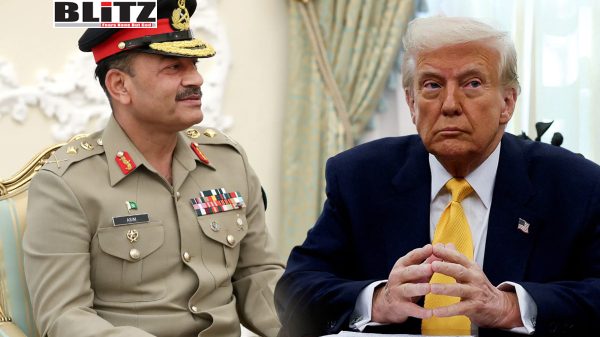
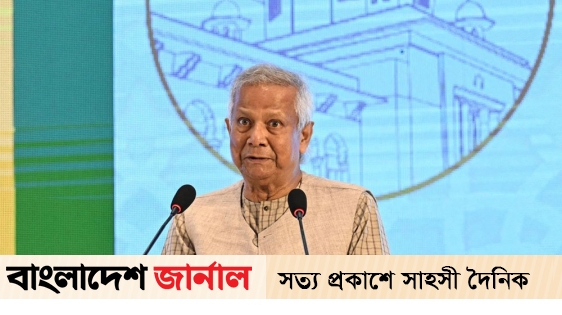

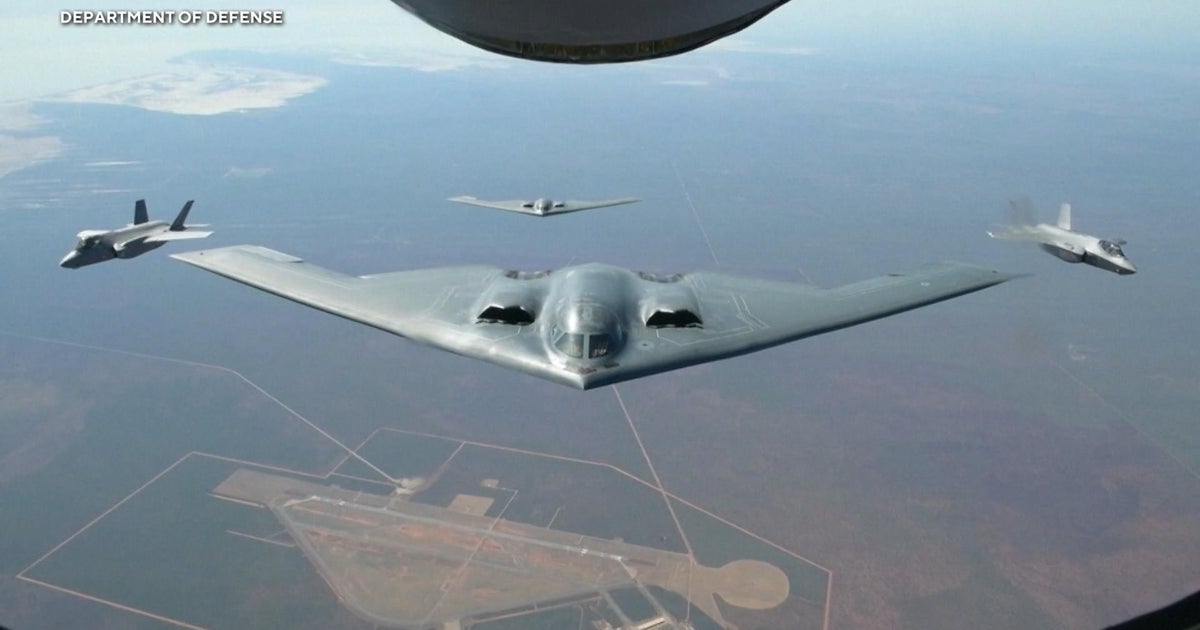
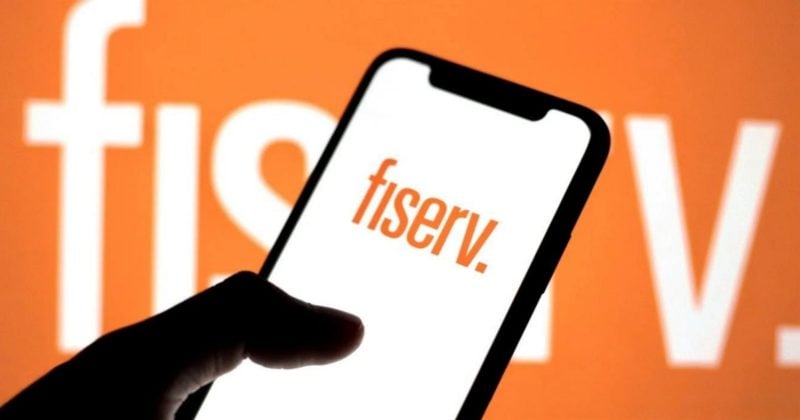
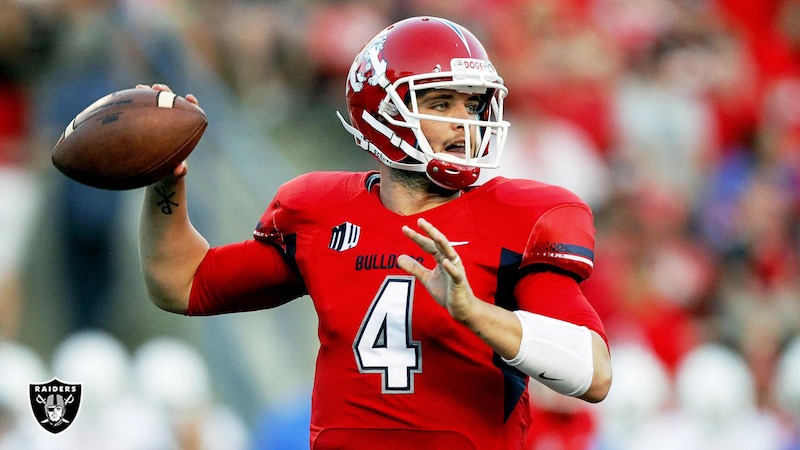
Leave a Reply